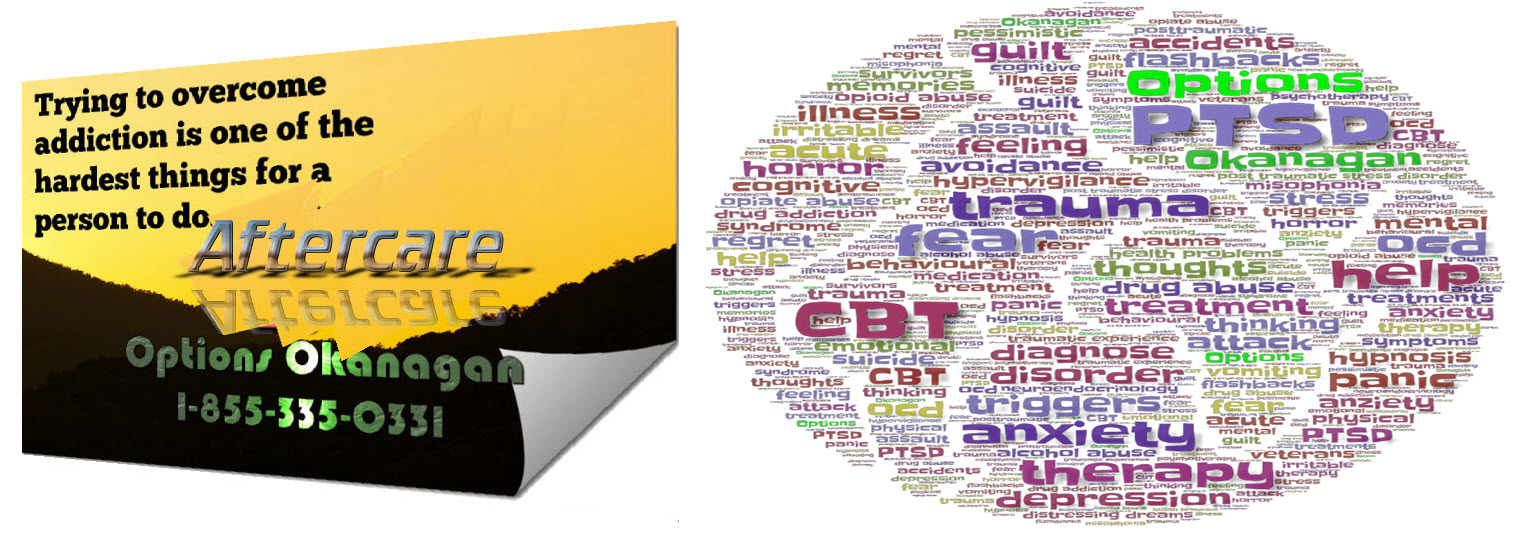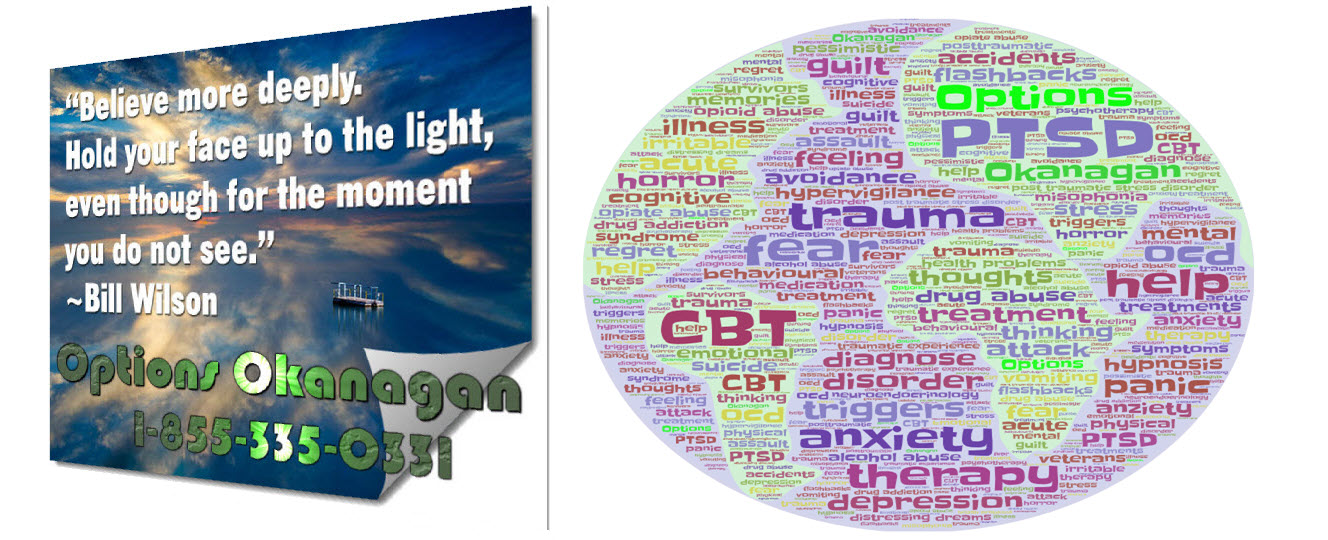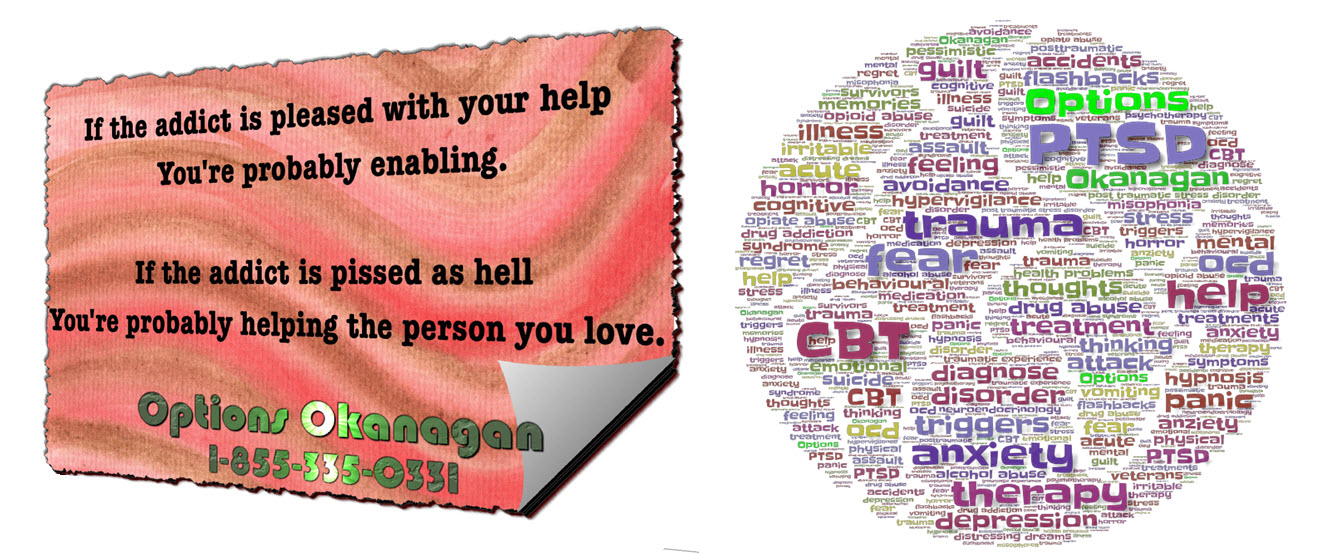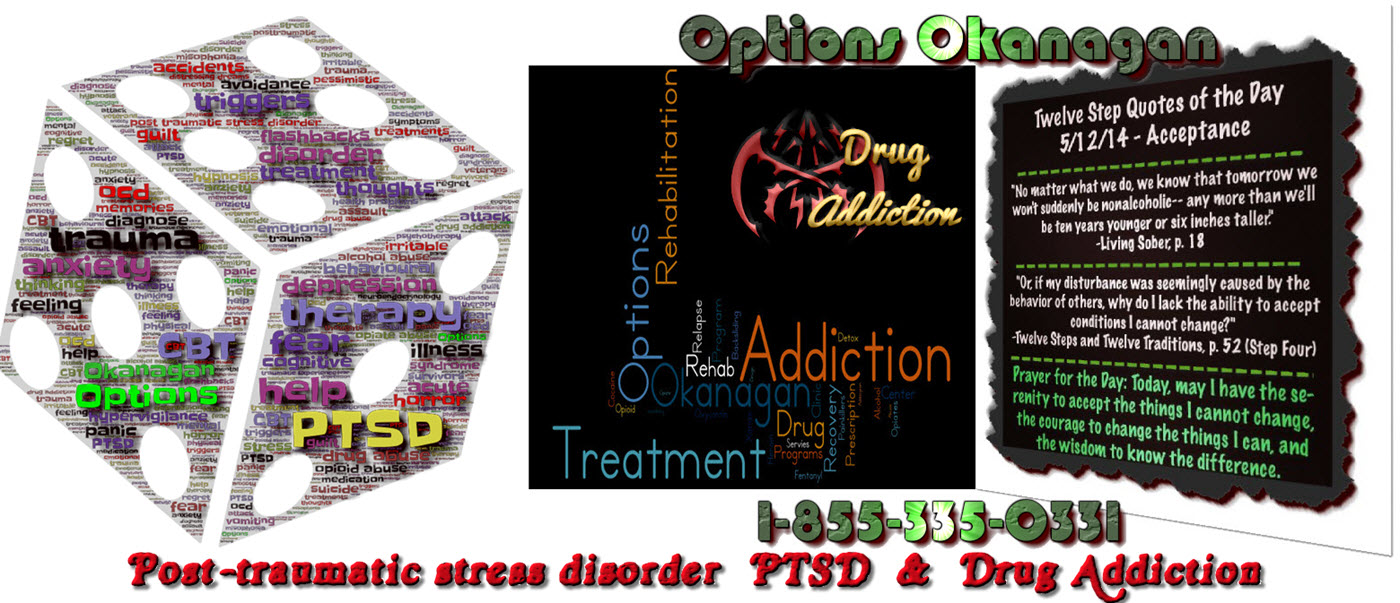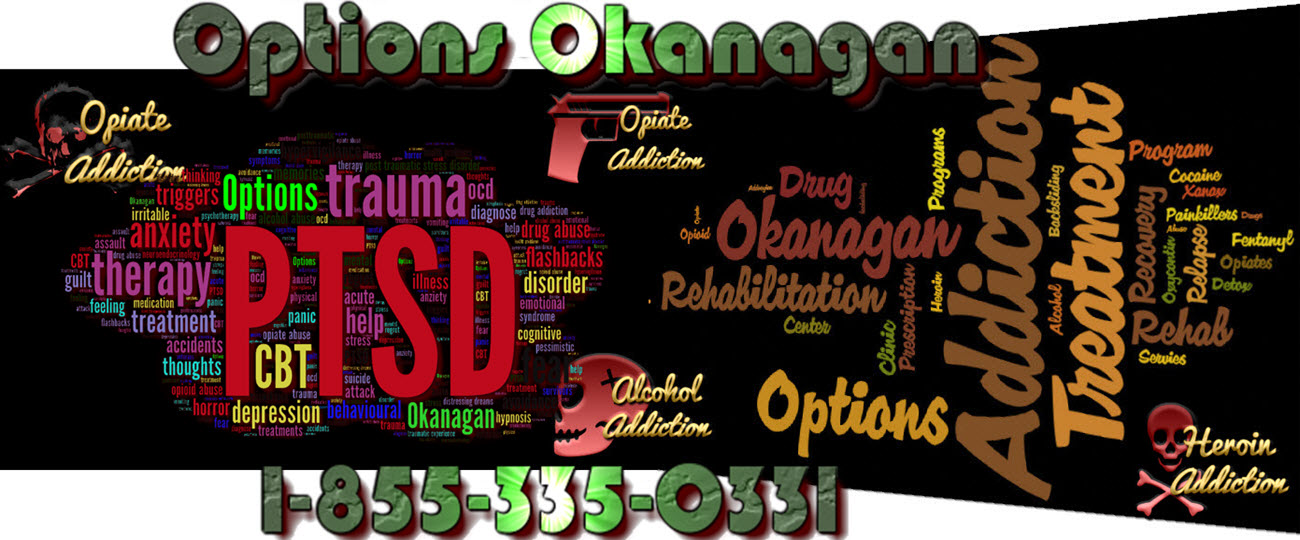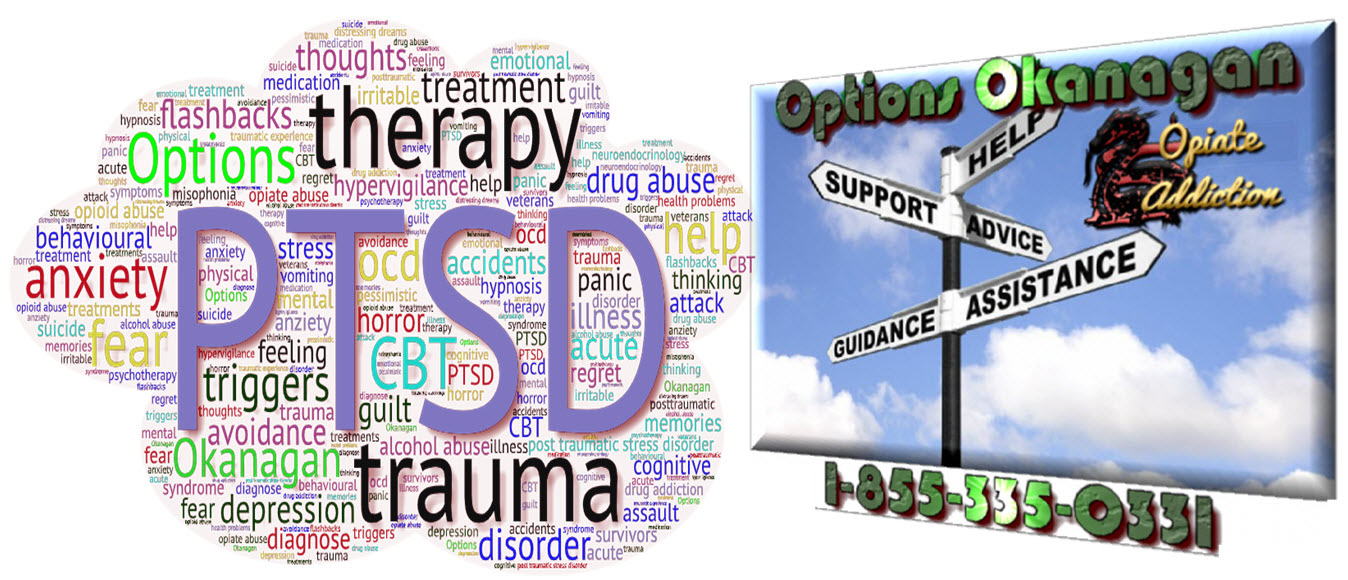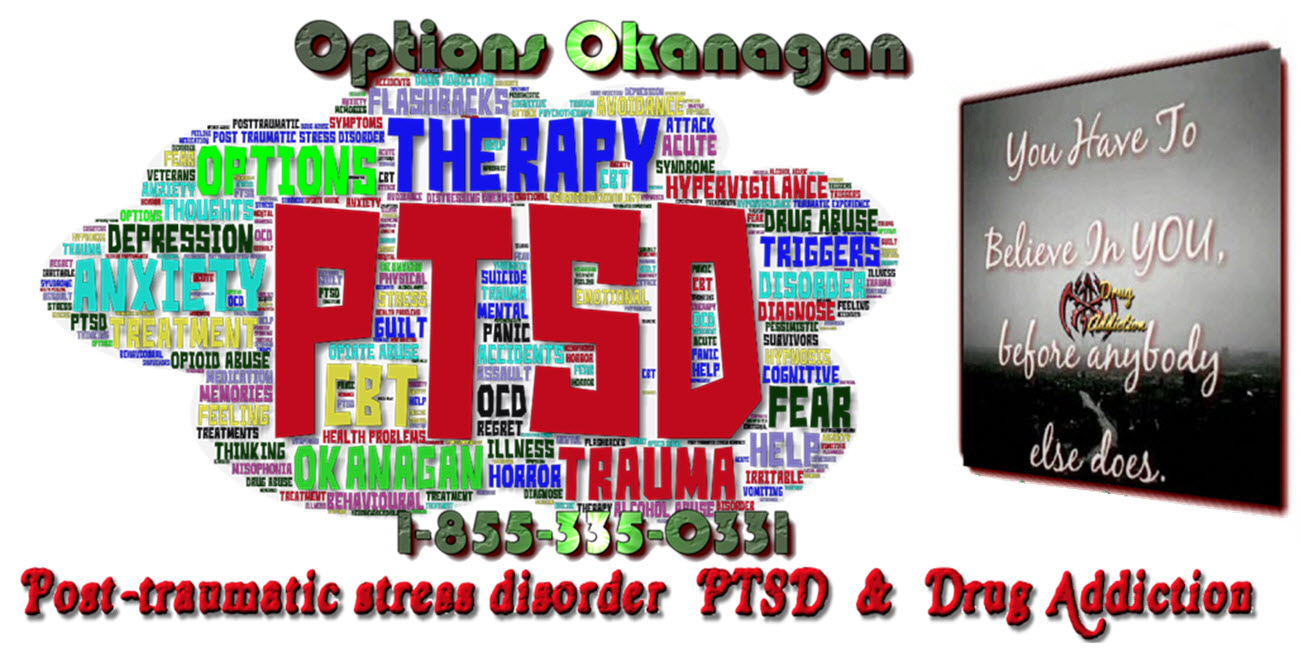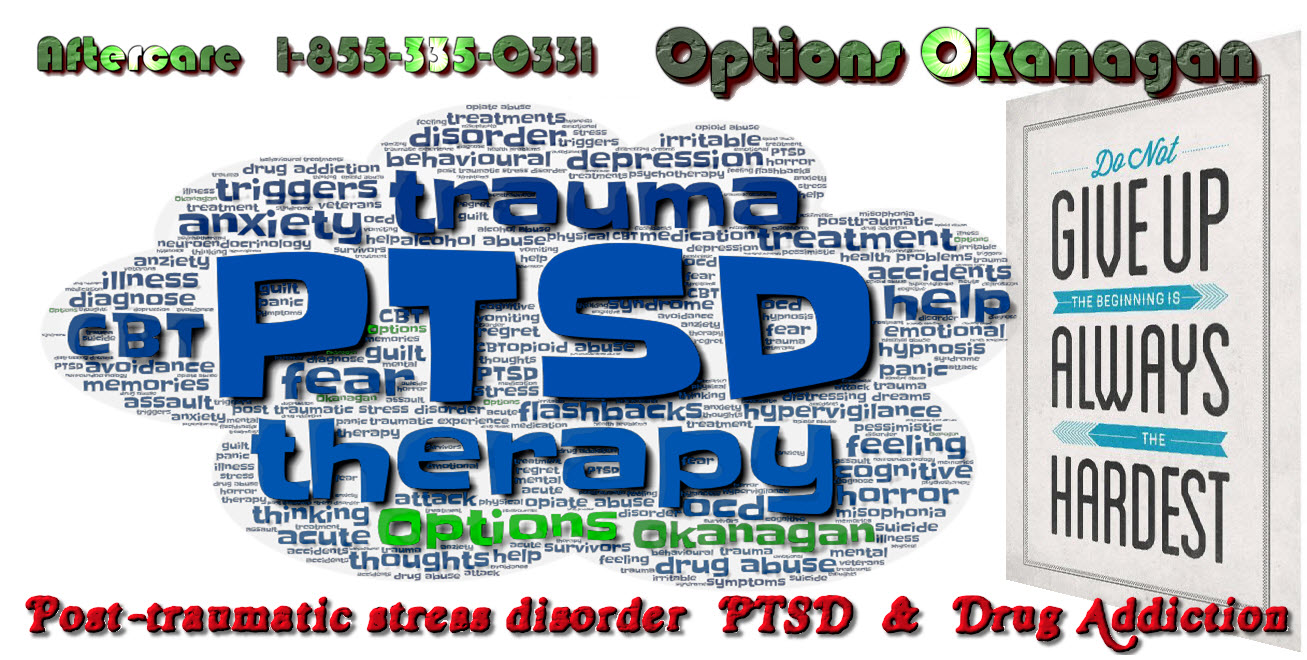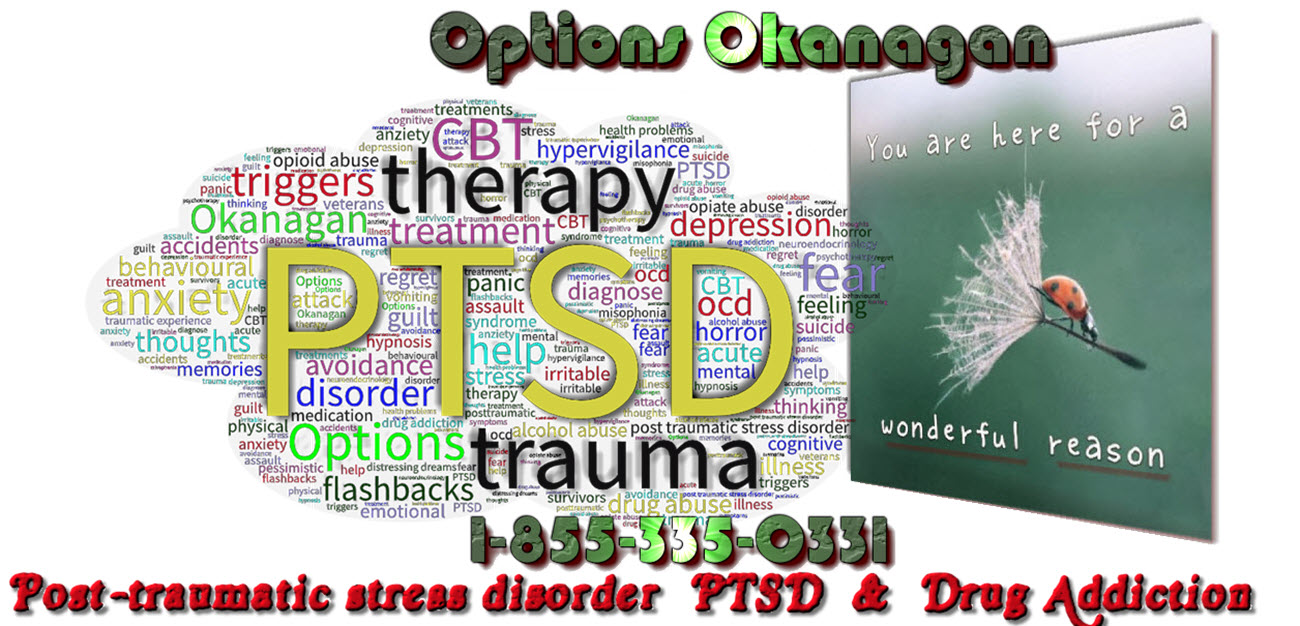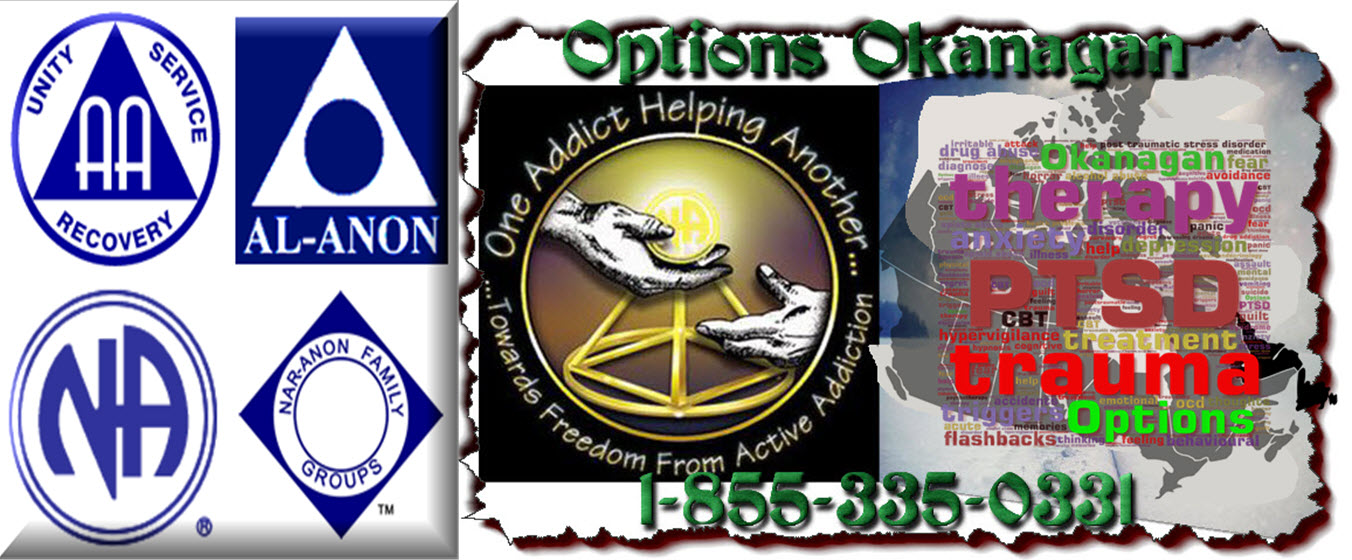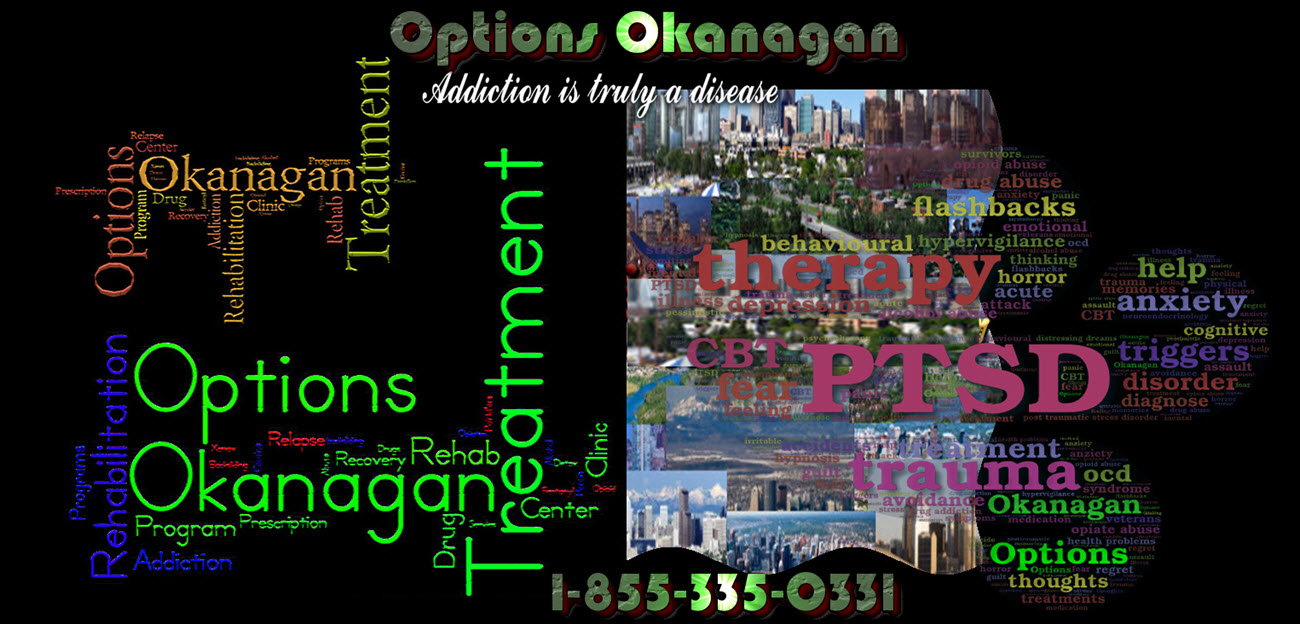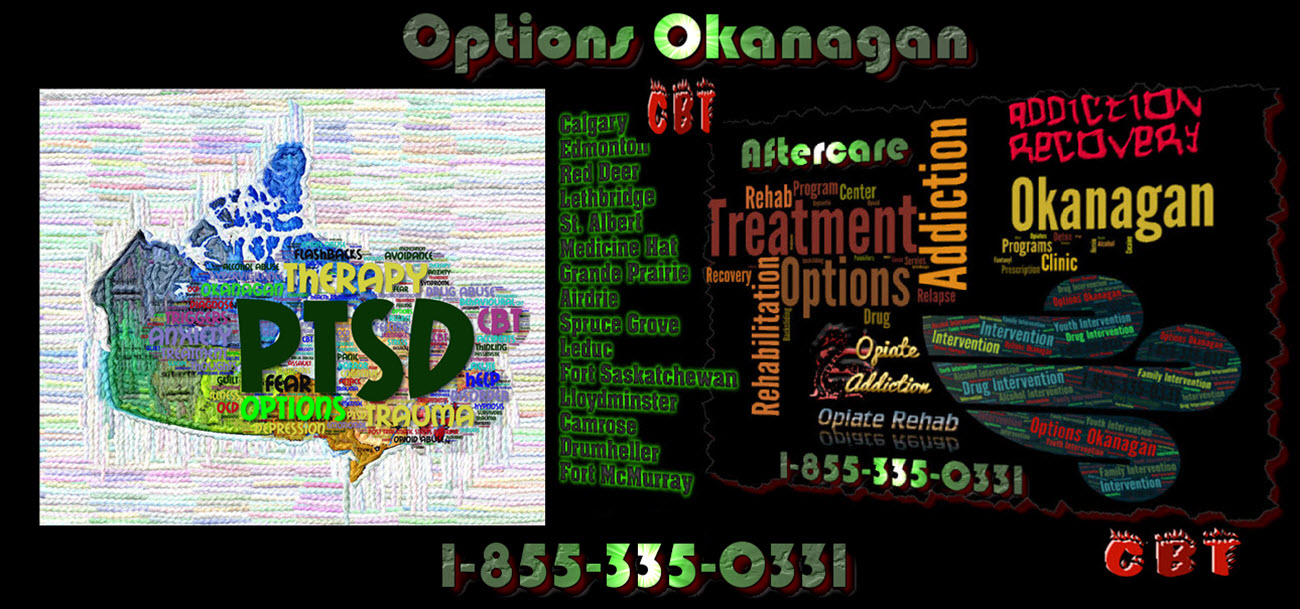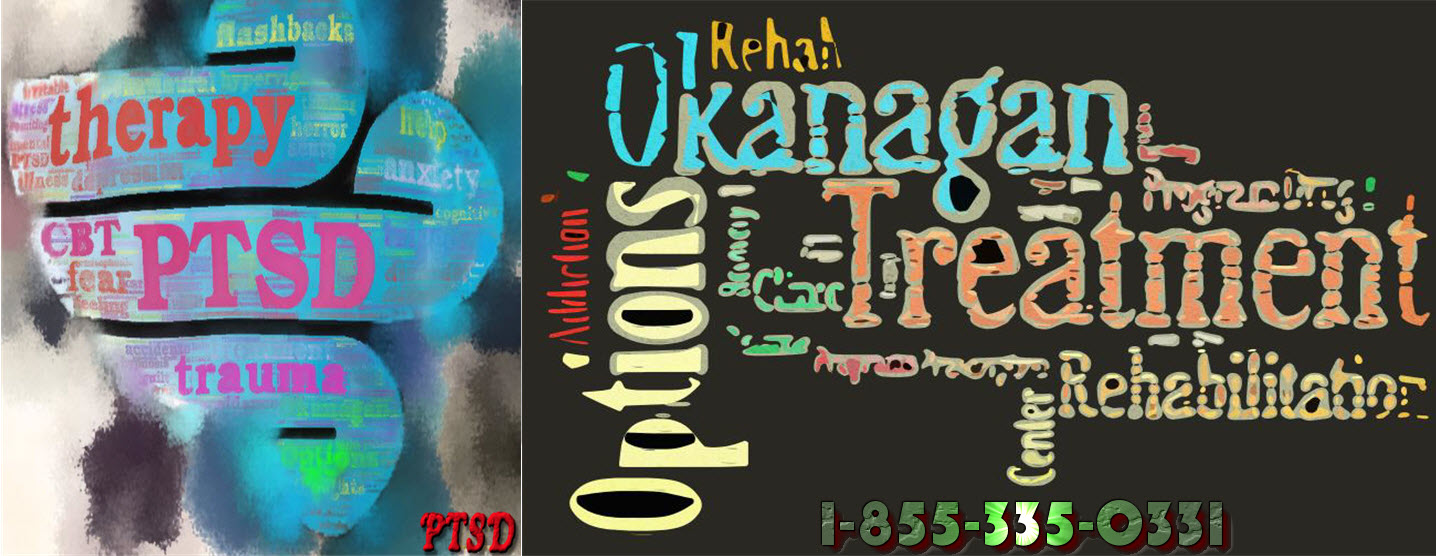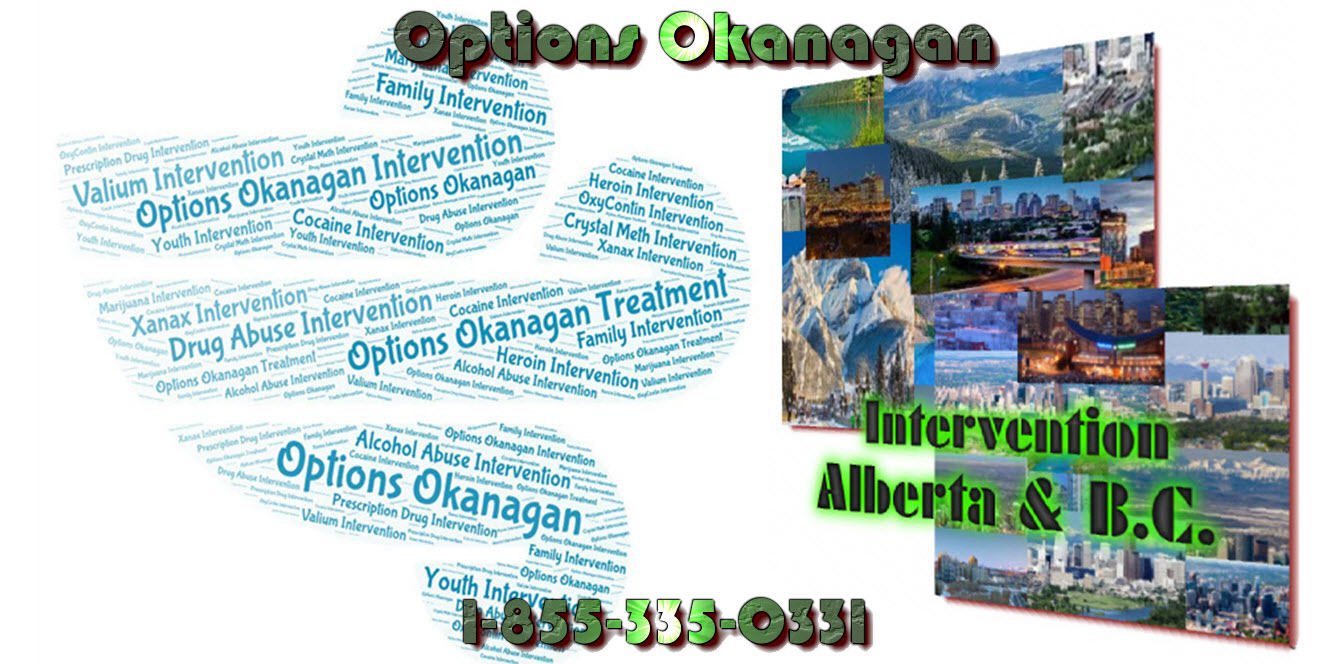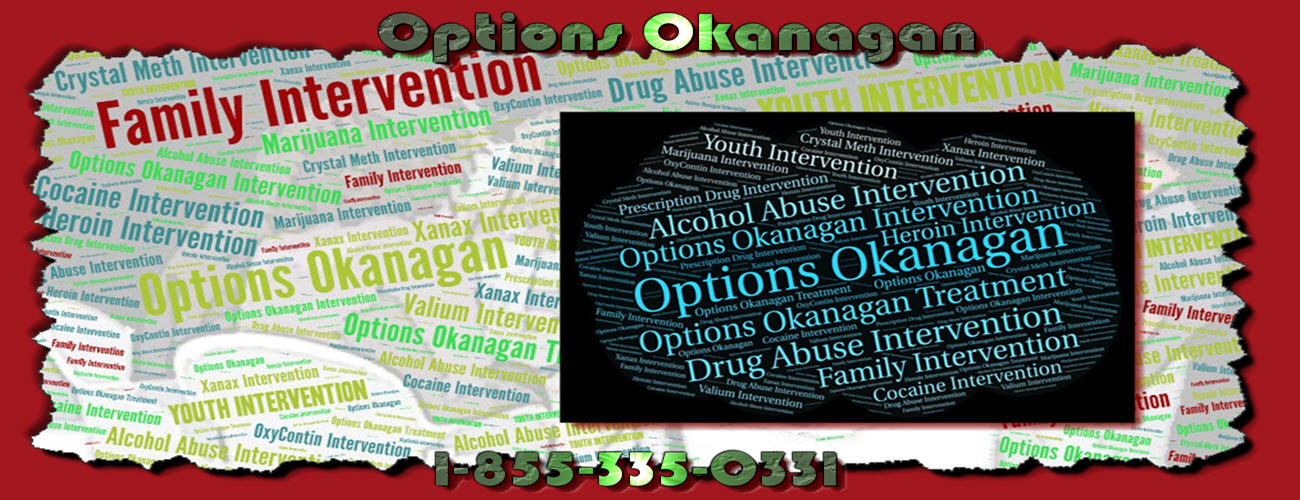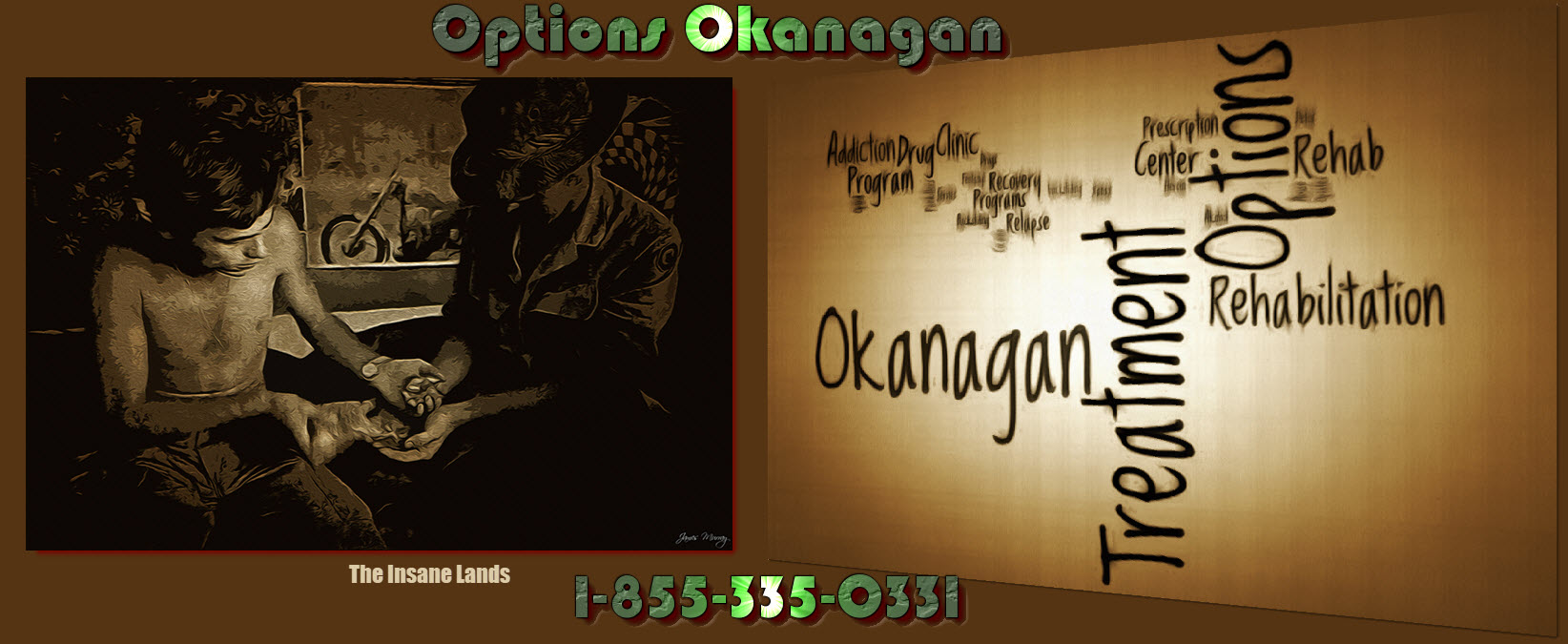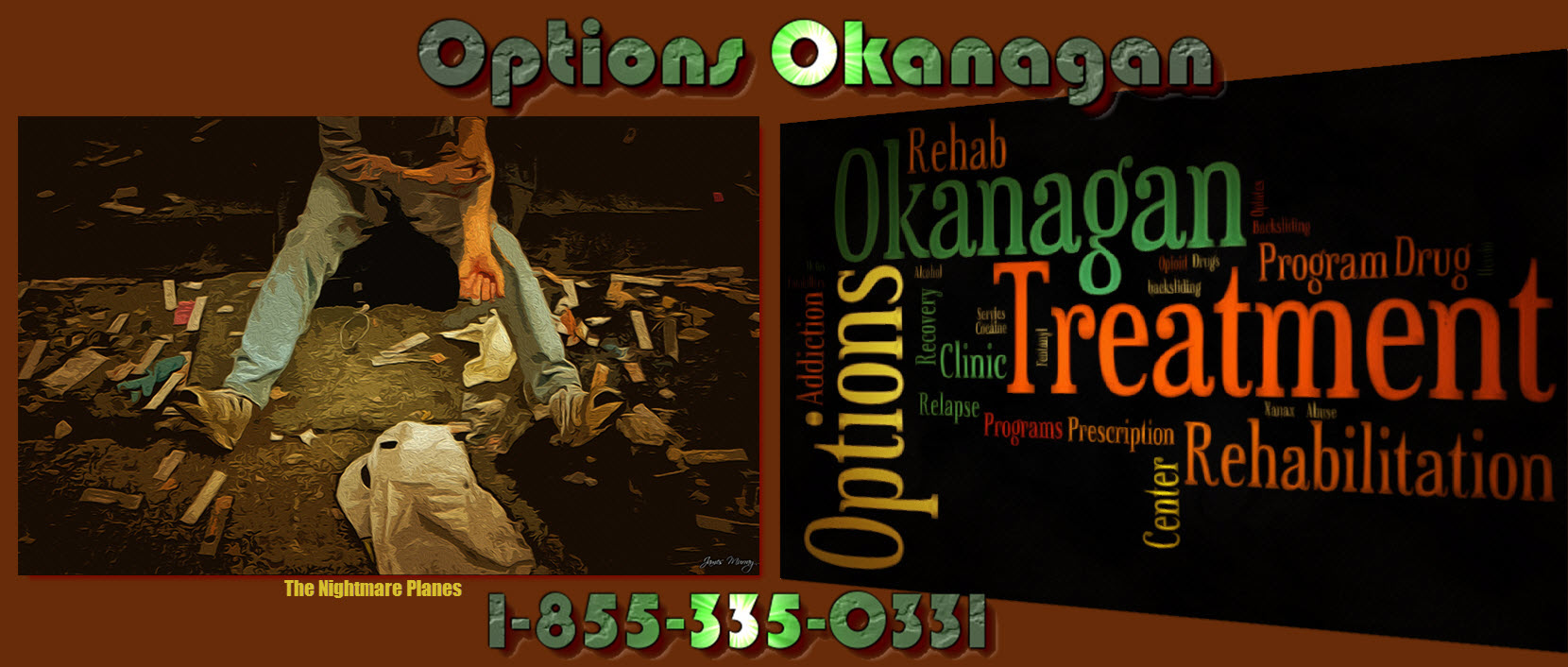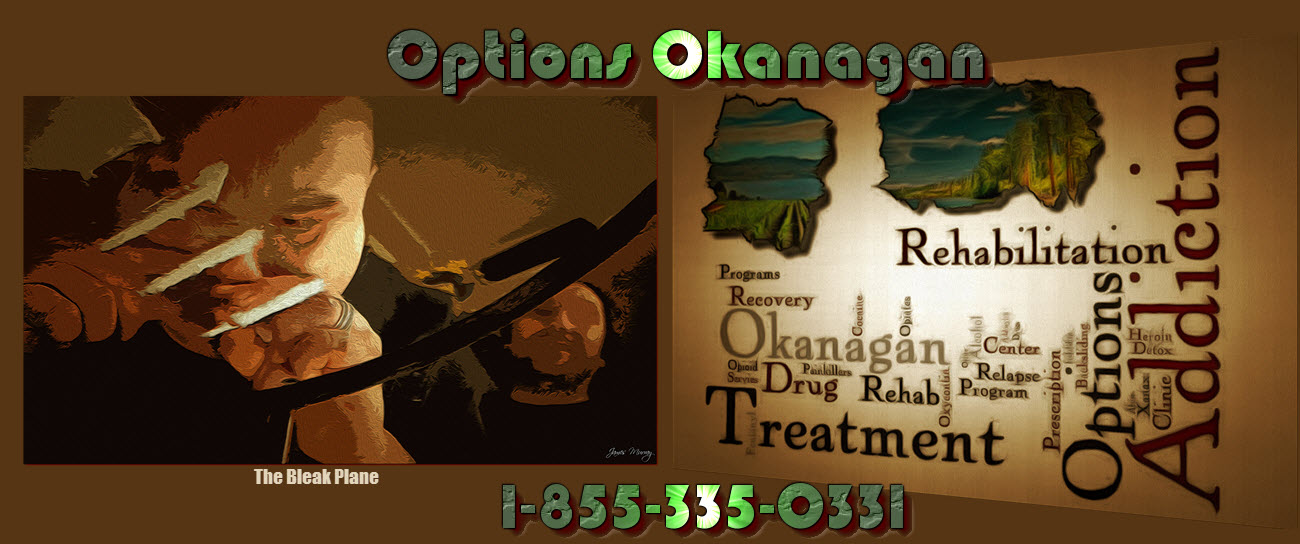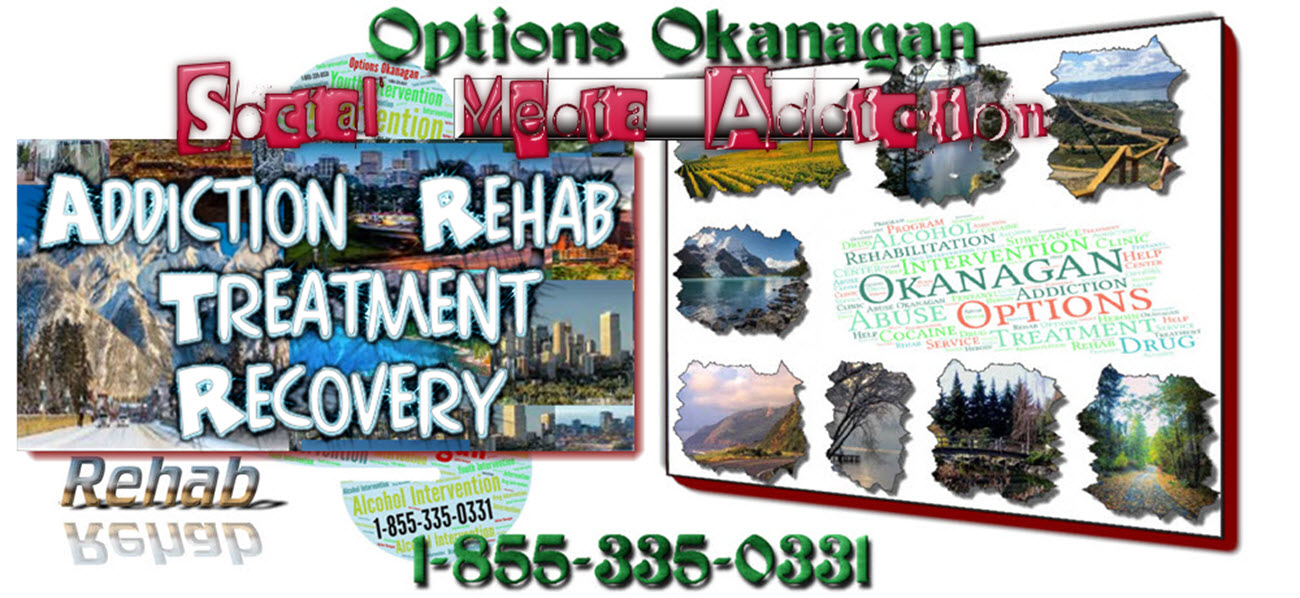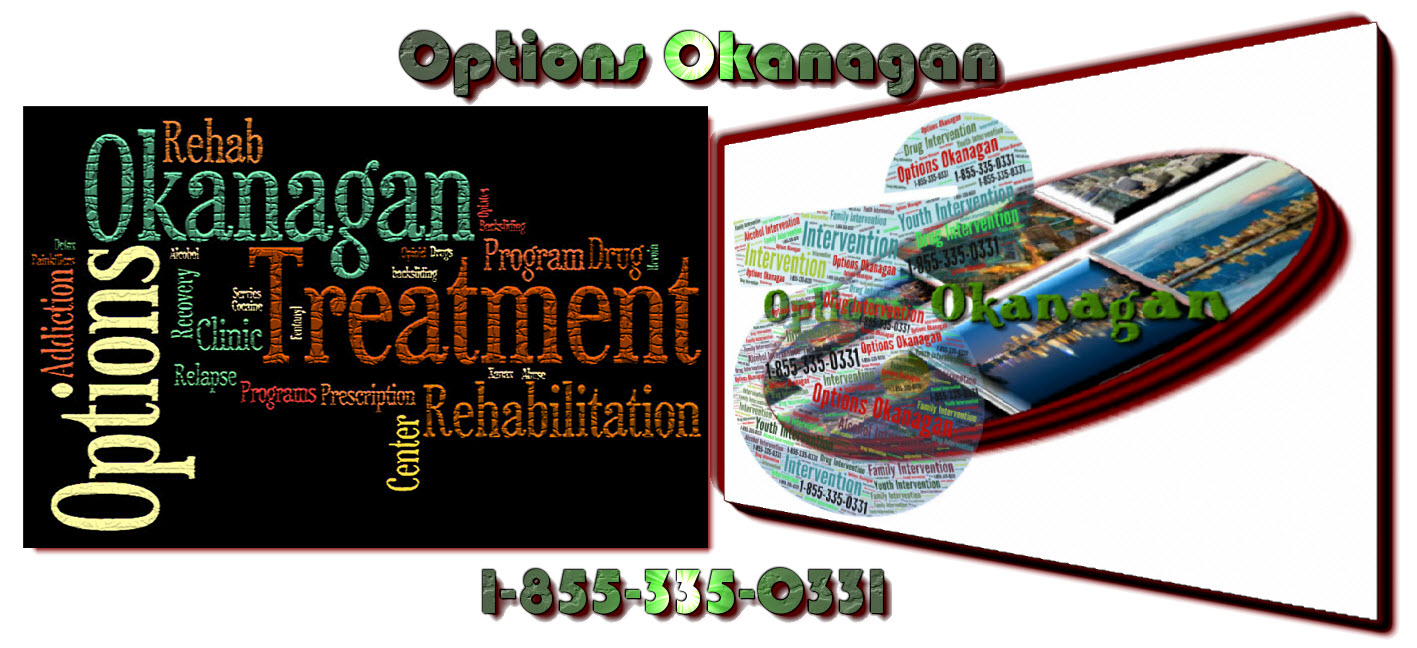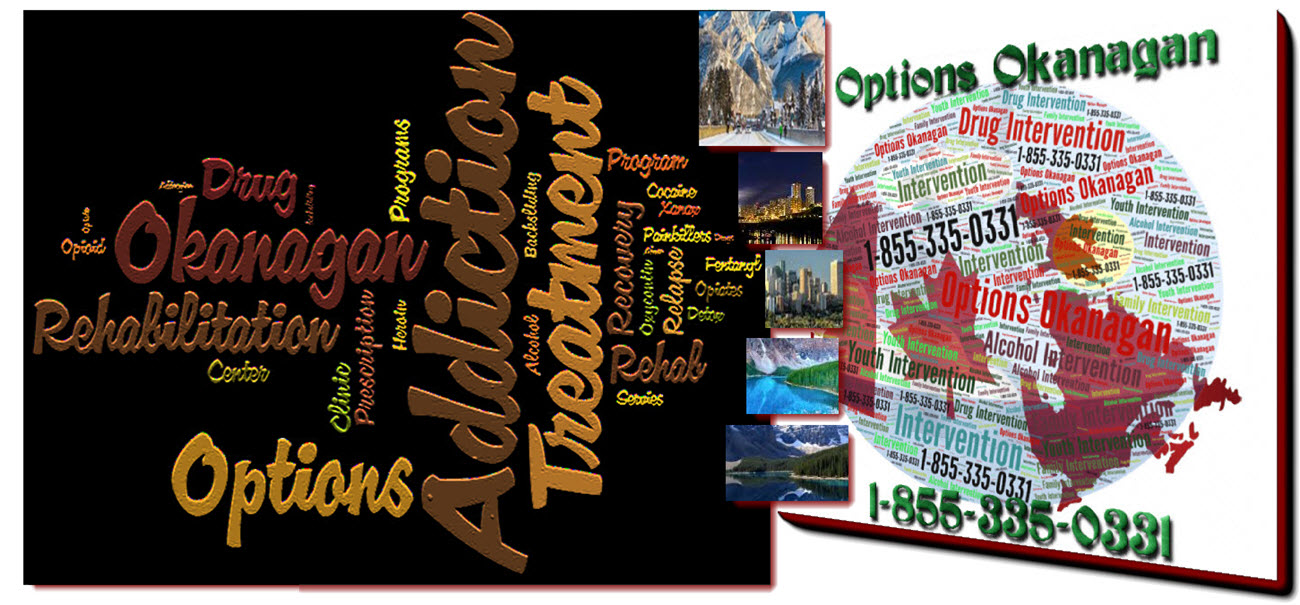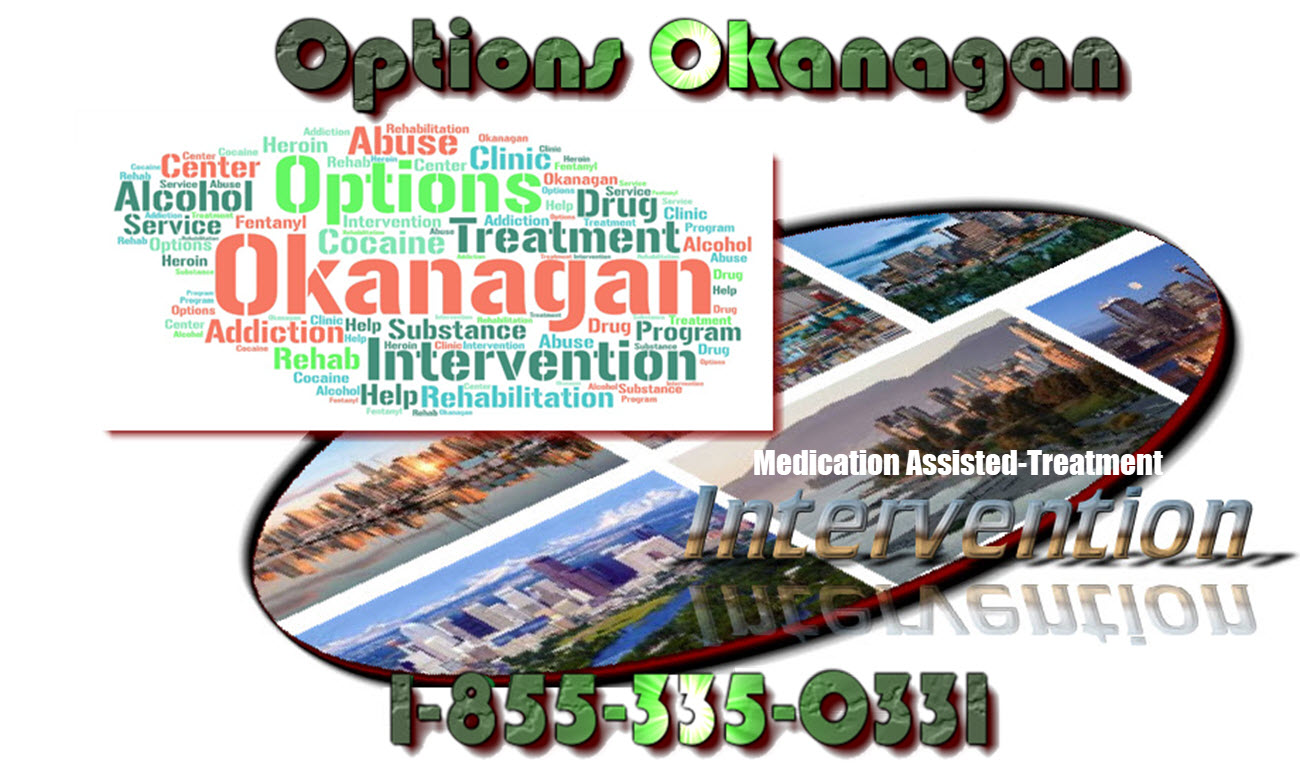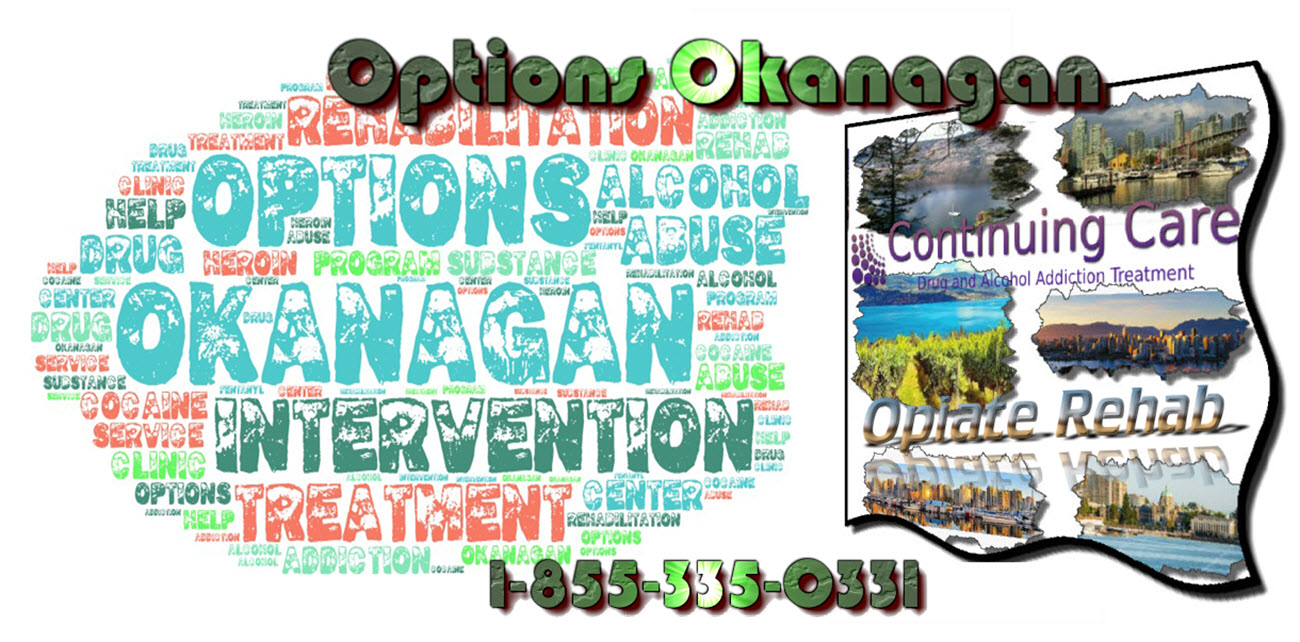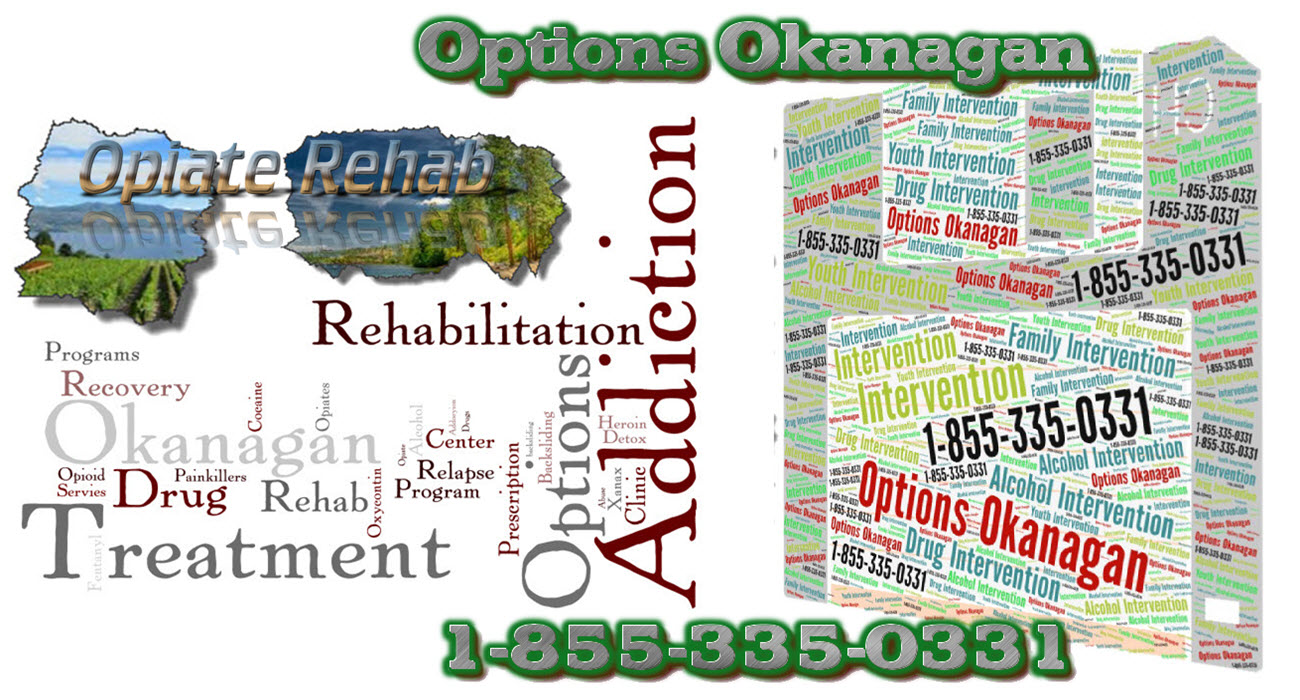How mental illnesses develop in people and mental health disorder programs in Alberta and BC – Drug rehab programs in Alberta and British Columbia – Options Treatment Center in Kelowna, British Columbia treating drug, opiate, fentanyl, heroin, and alcohol addiction and recovery.
Drug Rehabs In Alberta And BC
Isn’t it strange how your brain is able to control every single system in your body? This weird-looking lump of grey matter is able to keep a lot of complex, intricate systems functioning, and we don’t really know much about how it works.
The thing is, our brain can malfunction sometimes, and that can happen in many, many different ways. When we have a chemical imbalance in our brain, or maybe even a problem with our patterns of thinking, we get something that’s called a mental illness.
Both laboratory observations and clinical research consistently conclude that mental health disorders are a product of multiple different factors, all of which interact with each other and accumulate over time. It would be much simpler if we could identify a single cause for each and every disorder, and that would make these types of problems way easier to diagnose and treat.
However, this is simply not the case. Most kinds of mental disorders are related to a variety of different causes. For instance, there may be an environment that contributes to the disorder, or maybe even some individual genetic makeup that causes some fault in the brain which then develops into something abnormal.
Mental Health Disorder Program In Alberta & BC
You really cannot reduce mental disorders to a pathological makeup of the brain. It’s a very simplistic view that doesn’t cover the problem in its entirety. When you look at the actual development of these types of disorders you can see clearly that there are at least three different contributing factors that have an effect. Of course, these different culprits can vary in intensity from case to case, and oftentimes one of them is more dominant than the other.
Let’s begin with physiological causes. These are the ones that are biological in nature.
Every single person has a unique specific genetic makeup which dictates how their health may develop. Certain people have a predisposition to mental disorder since birth, while others can be way less prone to this type of risk. This has to do with the genetic makeup of an individual, as well as its biological makeup and the events in their life which affect their physical body, such a substance abuse or trauma on the head.
The second type is environmental. The scientific community has discussed nature vs nurture for ages, but the current arguments is that both have a significant impact. While an individual’s nature and their physical attributes make an impact on their propensity to mental disorder, their environment certainly plays a role as well.
When considering the causes of mental illness, you really have to think about the physical, mental, and emotional environments to which an individual has been exposed. You need to take into account how they’ve grown up, what kind of influences they were under as they grew up, and which exact mechanisms they used to cope with the hardships in their life.
It is undeniable that many mental disorders are primarily caused by the experiences that an individual has encountered. For instance, people who live in a chaotic, stressful, or unstable environment are way more likely to develop mental illnesses when compared to those who have a more peaceful upbringing. This is particularly true when it comes to children – the environmental and social components of their life can be very significant risk factors in the development of mental illness.
Last but not least, there is the psychological factor. This factor has more to do with the mental conditions of an individual and the psychological mechanisms that they use in order to orient themselves in the world. The way people cope with certain life events can certainly cause them to have a psychological disorder. The same is true for someone’s perception of themselves and their environment, as well as their thought patterns.
For example, an individual can certainly break down mentally when they go beyond an amount of stress that they can cope with. This is usually a result of a lockdown-type process in which their psyche attempts to protect itself.
For most people who have never had mental issues before, they might really only develop one if they go through a series of stressful factors that contribute to their mental instability.
Options Okanagan Opiate and Alcohol Treatment Centers in Kelowna, Salmon Arm and Vancouver, British Columbia – Men and Women are recovering and healing from Alcohol and Drug Abuse at our treatment center here in the Okanagan right now.
Our unique and distinctive Opiate Drug and Alcohol treatment program allows men and women to come in from Calgary as well as Edmonton as we offer airport pickup.
Numerous clients come to us from Vancouver, Calgary, and Edmonton and other locations in Alberta and even other provinces for Opiate addiction treatment, heroin drug treatment, many other drugs, and alcohol addictions for rehabilitation because of the uniqueness of our treatment center.
Our (Kelowna) Alcohol and Drug Treatment Program Location:
(Not Mailing Address) – Contact Us – Web Page
For Mail Delivery :: Please contact each center for correct mailing addresses, also this location is the location of our residential treatment programs in Kelowna. Please call Toll Free 1-855-335-0331 – to contact the treatment center you are going to for the address and directions.
Options Okanagan Drug and Opiate Treatment Center
551 Sherrydale Crescent, Kelowna, British Columbia, V1V 2E6
Toll-Free Phone Number: 1-855-335-0331

